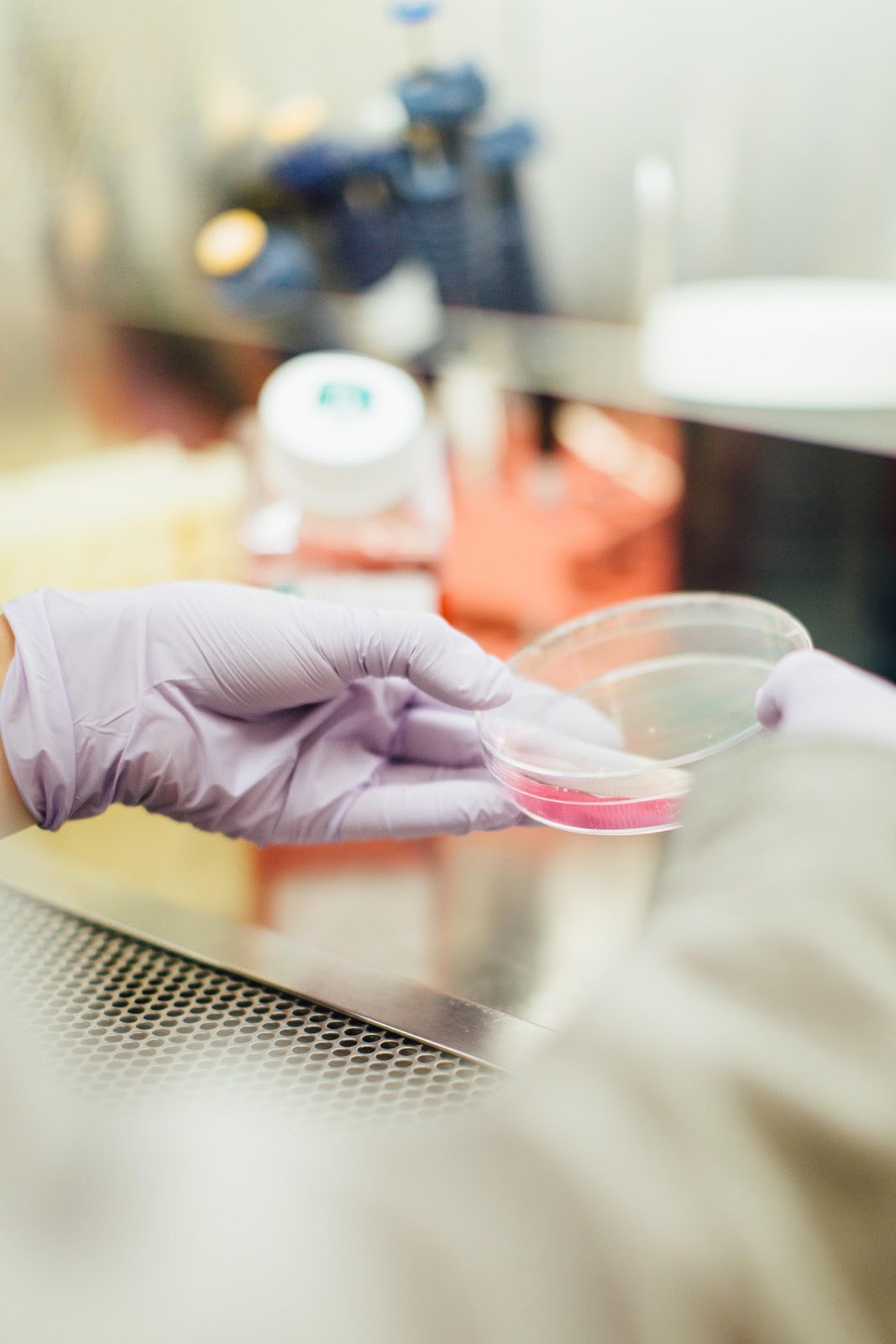

PAP SMEAR TEST: 5 THINGS TO KNOW BEFORE YOU GO FOR YOUR FIRST PAP SMEAR TEST

A timely Pap Smear Test seems to be the mantra of many gynecologists, but what is it all about? This article will give you quick pointers to prepare for the test.
What is the Pap Smear Test?
The Pap Smear Test is a simple test that screens for cervical cancer. The cervix is the opening for the uterus and this test checks for the presence of any cancerous or malignant growth in the region. The main purpose of a pap smear test is to identify cellular changes in the cervix due to cancerous growth HPV.
How Does the Pap Smear Test Work?
The test is conducted by scrapping out a few cells from the cervix and studying it for any abnormal growth. While the process might be initially a little uncomfortable, it does not cause any long term pain or effects. You might experience slight vaginal bleeding immediately after the test, but it is a cause of concern only if the bleeding does not stop after a day post the test.
Who Needs to Take a Pap Smear Test?
If you're a woman above the age of 21, it is highly recommended that you take a pap smear test every three years. At an older age, you'd be screening for cervical cancer along with tests for HPV. Cervical Cancer is often traced to virus infection from the HPV, which is sexually transmitted. However, one can have cancerous growth in the cervix even in the absence of any sexual activity. Hence, it is recommended that you take a pap smear test regularly, regardless of sexual status.
Why Should I Take a Pap Smear Test
Considering that it is highly recommended to take a test once in three years regardless of sexual activity, the test has immense potential in detecting cancerous growth at an early stage before it spreads. The test also helps to identify HPV related infections. These tests are usually very accurate. Depending on the results, your doctor can recommend more frequent tests or a colposcopy (procedure for proper close-up examination of cervical cells).
What to Do Before the Test?
1. Inform your doctor about menstruation
Your periods are not the best time for you to get a Pap smear test done. Not only would it be highly uncomfortable, but the bleeding would interfere with the test. Hence, make an appointment for the test, keeping in mind your menstrual cycle. If you happen to be on your period, inform your doctor and reschedule an appointment for the same.
2. Avoid Sexual Intercourse for 24 Hours
Vaginal sex before the test has the ability to interfere with the results. Refrain from any exertion before the screening.
3. Do not indulge in douching before the screening
Douching is the washing or cleaning the inside of your vagina with water or any other fluids. Though douching seems like an effective way to 'wash out' all the germs and sperm post-sex, it strips the vagina off from its necessary fluids and can cause bacterial and yeast infections. It can also affect the pap smear test due to the same reason.
4. Avoid any vaginal products
Vaginal products like perfumes, creams, washes, and even spermicides have the potential to affect a pap smear test by altering the chemical balance inside your vagina. Make sure that you do not use any product before you visit the doctor.
5. Confirm details about water consumption before the screening
Sometimes, you might have to appear for the Pap smear test on an empty bladder. Make sure that you confirm all the pre-test requirements from your doctor before appearing for the same.
Information for Pregnant Women:
If you're pregnant and have to undergo a pap smear test, make sure you do so within the first 24 weeks of pregnancy. After that, the test can get quite painful. Similarly, wait until 12 weeks post-childbirth for accurate pap smear test results.
The pap smear test can go a long way in early identification of any possible complication and is very easily accessible. It is quite a simple and quick procedure with multiple benefits. Take a step forward in your health, and make an appointment towards better holistic health.
Related blog: SIGNS OF TESTICULAR CANCER














